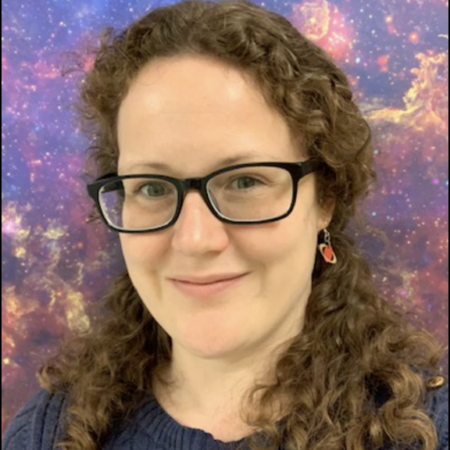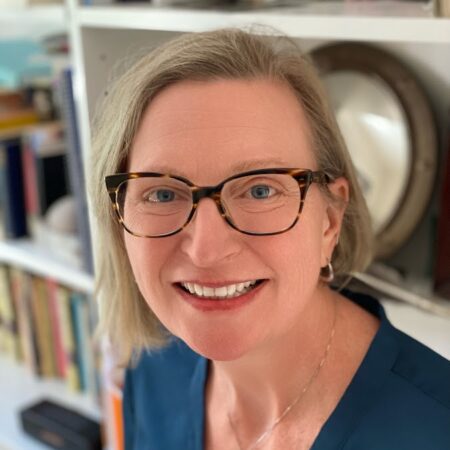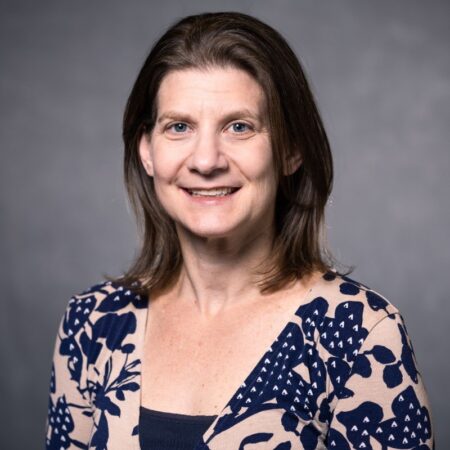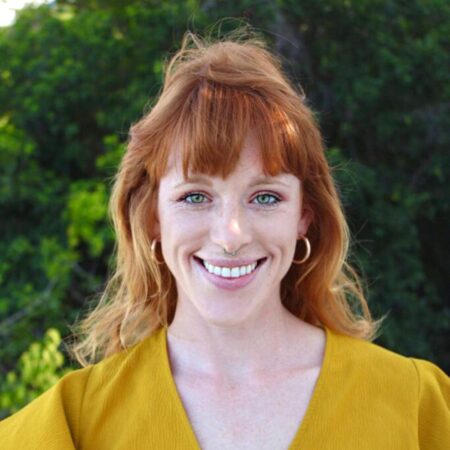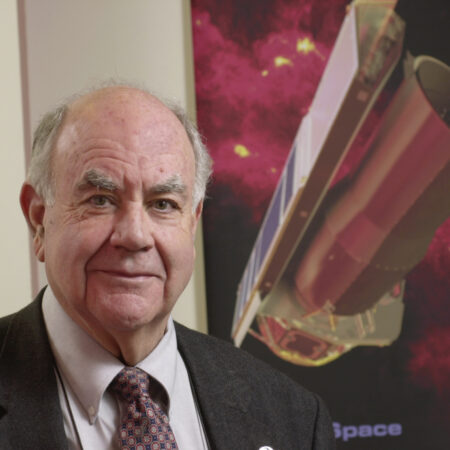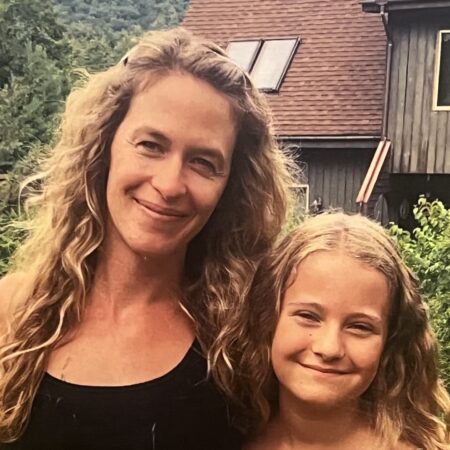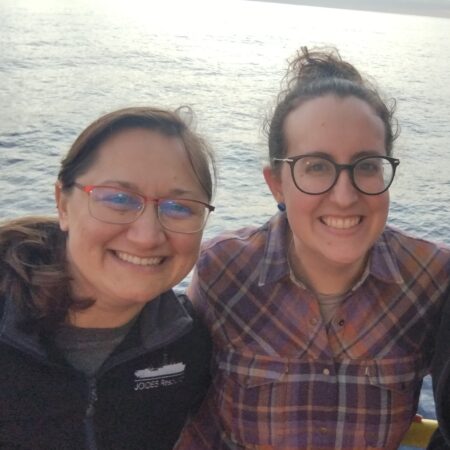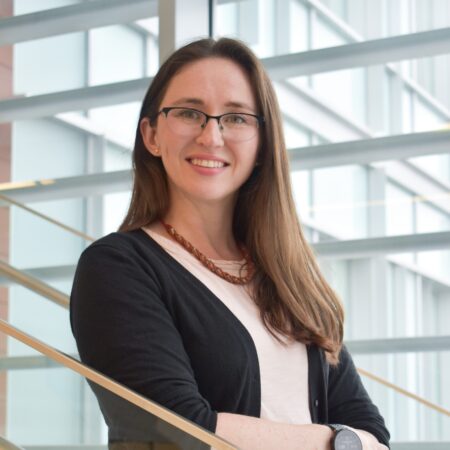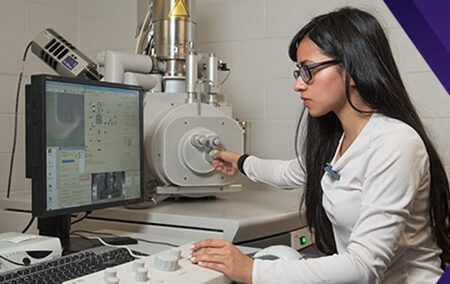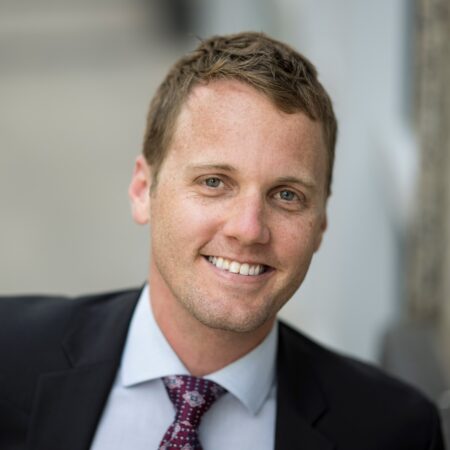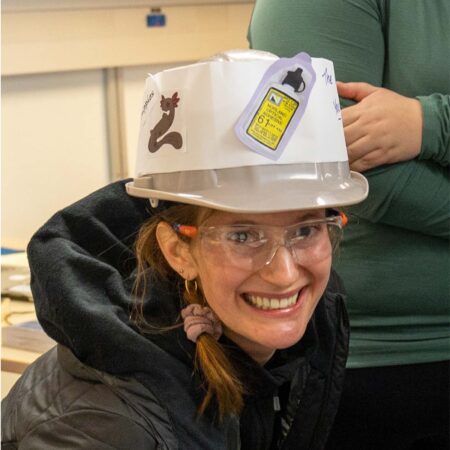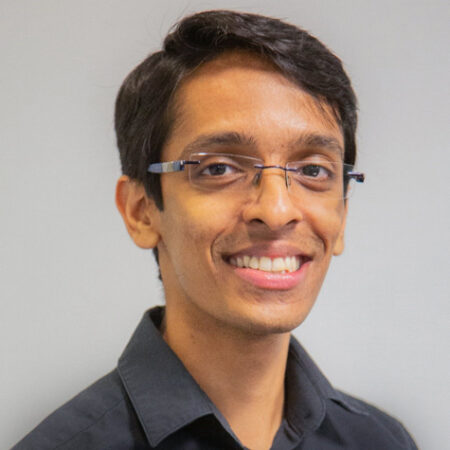Refine
Date Range Clear
Recorded by Clear
Keywords Clear
Partnerships Clear
Organizations Clear
Places Clear
Languages Clear
Initiatives Clear
A student and neurologist discuss Parkinson’s.
Carbonate sedimentologist Michael Whalen participated as a shore-based scientist on Expedition 364, Chicxulub: Drilling the K-Pg Impact Crater. Mike discusses his interest in these sediments, his time working on material at the Breman Core Repository in Germany, and how having...
Bonus audio! Jonathan Lewis sat down to share his experiences sailing on Chikyu. But in addition to detailing his experiences at sea, Jon discusses how the Chikyu changed him as a scientist and motivated him to give back to the...
Structural geologist Jon Lewis sailed on Expedition 315 on the scientific research vessel Chikyu in 2007 - his first-ever at-sea experience. Jon explains this riser vessel, the training required for the helicopter landing necessary to join the ship, as well...
Keir Becker has sailed on 22 expeditions of scientific ocean drilling. For this conversation, he focuses on his four Glomar Challenger expeditions, including the technology and communications that existed during those years - and what it was like to receive...
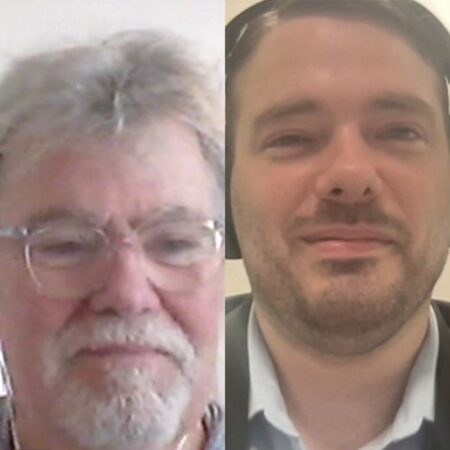
One Small Step conversation partners Gregory "Mike" Brown (66) and Christopher "Chris" Sanchez (35) discuss how faith connects to science and technology, their differing views on abortion, and how we can stop separating ourselves into "tribes."
Expedition Project Manager Thomas Ronge discusses his experiences as a sedimentologist at sea on JOIDES Resolution. He provides an overview of the collaboration across cultures and roles on the ship during JR's two-month expeditions, from his time in Iceberg Alley...
Micropaleontologist Timothy Bralower has sailed multiple times on JOIDES Resolution and a mission-specific platform. He reflects upon how communication at sea has changed over time, from mailbags filled with letters waiting in port when the ship returned, to the use...
Nina Fefferman is a professor at the University of Tennessee in Knoxville in the departments of Mathematics and Ecology & Evolutionary Biology, where she is also the director of the National Institute for Mathematical and Biological Synthesis. In her varied...
Julia DeMarines is a graduate student at the University of California at Berkeley in the Earth and Planetary Science department, an educator at the Mentoring Academy, a National Geographic Explorer, and a science communicator who runs a space comedy event...
Rebekah Hounsell is a connoisseur of explosions, and she spends her time helping scientists get the most out of TESS, NASA’s Transiting Exoplanet Survey Satellite mission. She also dabbles in helping to design surveys for the upcoming Nancy Grace Roman...
Dr. Chelle Gentemann is the Open Science Program scientist in NASA’s Office of the Chief Science Data Officer. In this role, she works to understand the impact, and development assessments, of NASA’s strategy for Open Science. She recently sat down...
Allison Leidner is a program manager for Energy and Infrastructure applications at NASA’s Earth Science Division where she helps inform and connect decision-makers with the science behind renewable energy and climate resilient infrastructure. A conservation biologist by training, Allison recently...
Allison Holevoet is a Mangrove Restoration Coordinator with the University of the Virgin Islands for the SEAS Islands Alliance and works with GRROE (Growing, Research, Restoration, Outreach, and Education) US Virgin Islands Mangroves which, on top of post-hurricane restoration projects,...
Giovanni Fazio is a senior physicist at the Center for Astrophysics Harvard-Smithsonian. In his decades-spanning career, he has been instrumental in several observational programs, from his work studying gamma rays using balloon-borne telescopes to his time as the Principal Investigator...
Kerissa Battle (42) an ecologist in the Catskills talks with a close family friend Leana Tishim (13) a student on Long Island about her childhood and the experiences and lessons learned. She also shares a few lessons about finding oneself...
If you are curious to learn more about the bonding and friendships that develop while at sea, listen no further than this conversation with Allyson Tessin and Ashley Burkett, two scientists that sailed on Expedition 392 (Agulhas Plateau Cretaceous Climate,...
Gael Cascioli is a planetary scientist at NASA’s Goddard Space Flight Center where he focuses on planetary geodesy — the measuring of the gravity field and shape of a planet — and is working on the upcoming VERITAS mission which,...
Ashley Greeley is a research scientist in the Heliophysics Division at NASA’s Goddard Space Flight Center where she studies particles trapped in the magnetic field surrounding Earth. She sits down with us to talk about overcoming imposter syndrome, building innovative...
Priya Ghosh is an astrophysicist, nuclear engineer, and a postdoctoral researcher at NASA Goddard Space Flight Center. There she builds and develops radiation detectors to detect neutrons and gamma rays, and also studies and analyzes cosmic ray data to better...
Aaron Piña is the National Program Lead for Atmospheric Sciences and Fire Weather Research at the United States Forest Service where he runs a research program that helps transition knowledge into the hands of decision makers around the world. Initially...
Graduate student Claire Jasper was a sedimentologist on Expedition 395 (June 12 - August 12, 2023). To prepare for her first-ever expedition at sea, she asked people that had previously sailed on JOIDES Resolution "thousands of questions," especially as she...

Mother and son Fredrica Thompson (45) and Jermaine Dean (24) talk about aspirations, purpose, and survival and community.
Stepping foot on JOIDES Resolution as a graduate student and the youngest scientist on the ship, Kristin Dickerson wasn't sure what to expect as she joined Expedition 399 (Building Blocks of Life, Atlantis Massif). Right away, she was struck with...
As a young child in India, Nithin Silvadas picked up Carl Sagan’s Cosmos, and it may have changed his life. From that moment on, he was enraptured with the universe. An undergraduate in engineering (where he literally helped build satellites)...

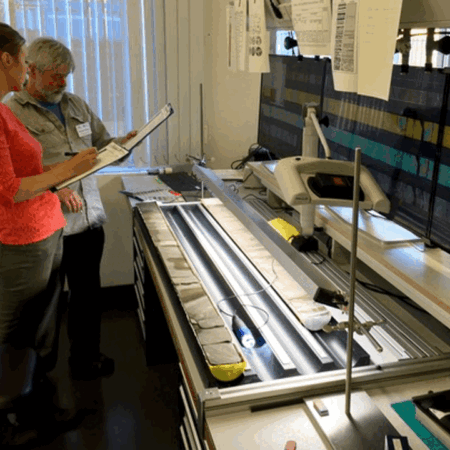
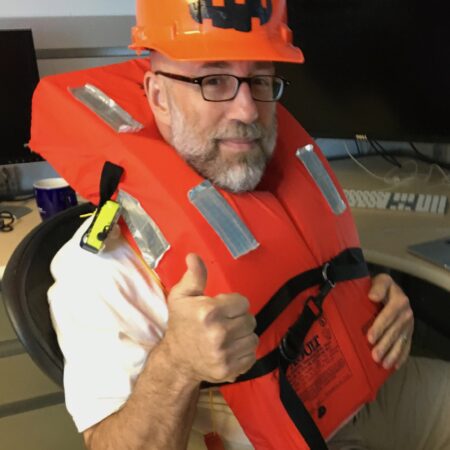
!["[the Chikyu] was not on my wish list... but I can't overstate how powerful the experience was [including] landing in a Bell 412 helicopter"](https://archive.storycorps.org/uploads/2024/03/65e216fda41a4__JCL_Chikyu2007-450x450.png)
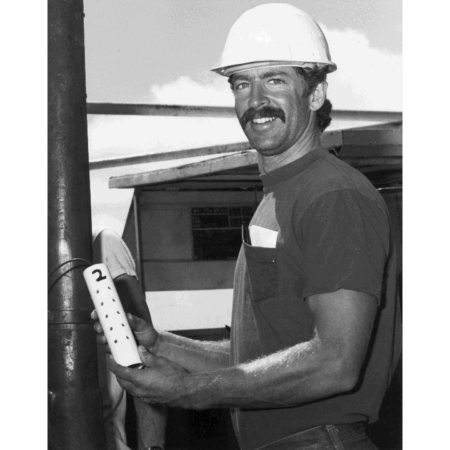

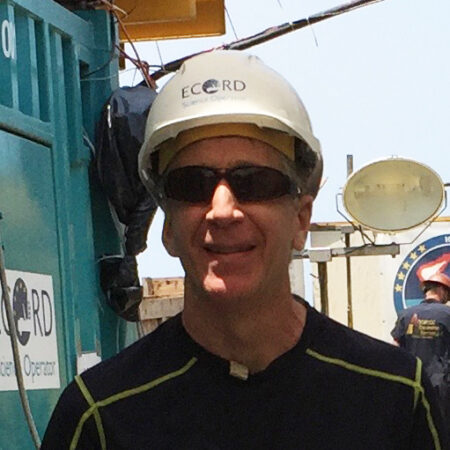
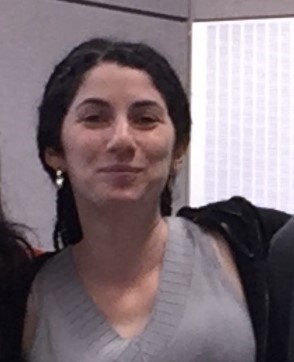
![“I'm proud my…perseverance of curiosity has gotten me to be [with] people who talk about life in the universe.” Interview w/ Julia DeMarines](https://archive.storycorps.org/uploads/2023/12/65835f3c1a41a__DeMarines_headshot-450x450.jpg)
